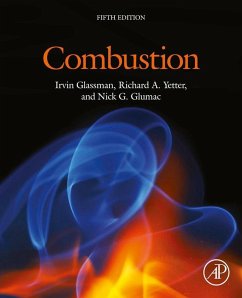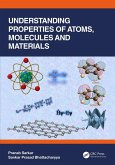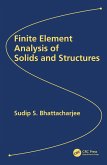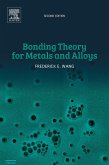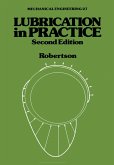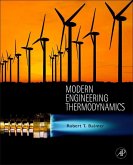Combustion engineering is the study of rapid energy and mass transfer usually through the common physical phenomena of flame oxidation. It covers the physics and chemistry of this process and the engineering applications-including power generation in internal combustion automobile engines and gas turbine engines. Renewed concerns about energy efficiency and fuel costs, along with continued concerns over toxic and particulate emissions, make this a crucial area of engineering.
- New chapter on new combustion concepts and technologies, including discussion on nanotechnology as related to combustion, as well as microgravity combustion, microcombustion, and catalytic combustion-all interrelated and discussed by considering scaling issues (e.g., length and time scales)
- New information on sensitivity analysis of reaction mechanisms and generation and application of reduced mechanisms
- Expanded coverage of turbulent reactive flows to better illustrate real-world applications
- Important new sections on stabilization of diffusion flames-for the first time, the concept of triple flames will be introduced and discussed in the context of diffusion flame stabilization
Dieser Download kann aus rechtlichen Gründen nur mit Rechnungsadresse in A, B, BG, CY, CZ, D, DK, EW, E, FIN, F, GR, HR, H, IRL, I, LT, L, LR, M, NL, PL, P, R, S, SLO, SK ausgeliefert werden.

